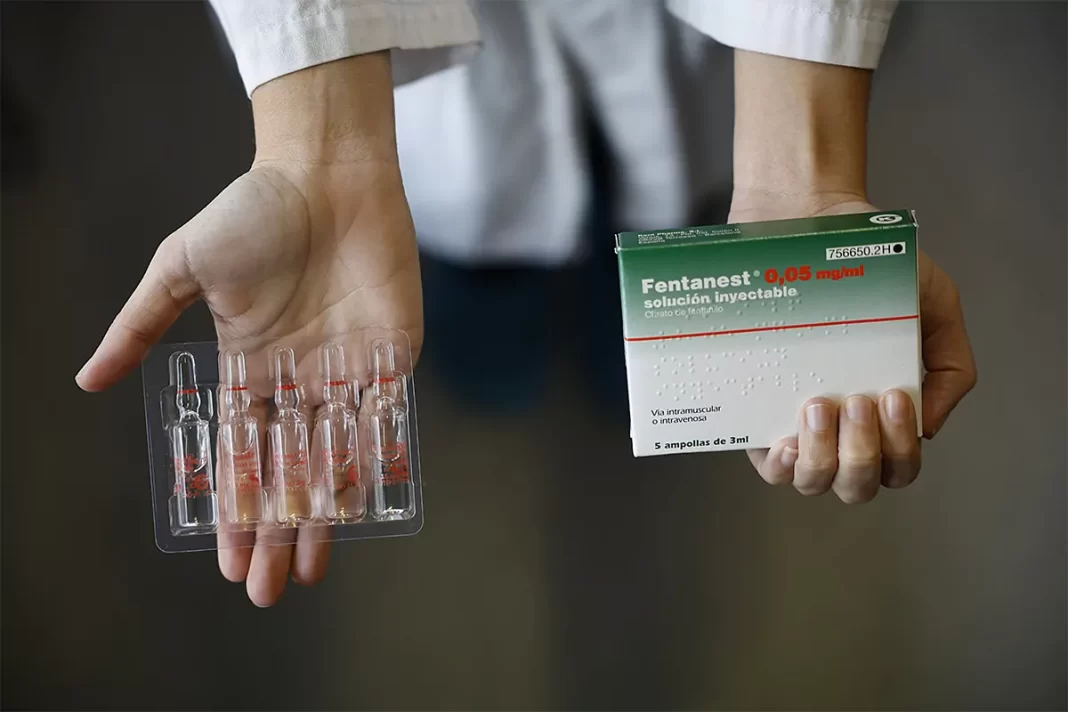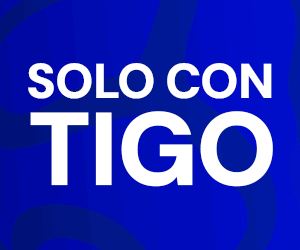In June, Turkish authorities seized 373 kilograms of cocaine from Ecuador. Two months earlier, in April, Turkish police seized 608 kg of cocaine during an operation in three provinces. In 2021, Turkish security forces seized the largest haul of cocaine in the country’s history, 1,300 kg also from Ecuador. According to experts and organized crime monitoring groups, these seizures increasingly indicate Turkey’s central role as a hub for international drug trafficking from Latin America.
But cocaine is not the only illicit business of Turkish criminal networks. In March 2023, Guatemalan authorities seized 480 barrels of chemicals that tested positive for fentanyl in containers aboard a Turkish-flagged ship at the Puerto Barrios Railway Terminal in the Izabal department. The containers that originated in Turkey were destined for Guatemala, with transit through France and Colombia.
According to Mahmut Cengiz, a research associate professor at the Terrorism, Transnational Crime and Corruption Center and the Schar School of Policy and Government at George Mason University in Washington, this incident marks the culmination of Turkish criminal groups’ rise in Latin America.
In his report, Türkiye Forges New Routes for Latin American Cocaine Destined for Europe, recently published in the Small Wars Journal, a U.S. online magazine focused on intrastate conflict, Cengiz reveals the increasingly central role of Turkish criminal groups in Latin America, both in transporting cocaine to Europe and importing fentanyl and chemical experts into Latin America.
Due to U.S. and European authorities increased control, Mexican cartels have sought safer routes, further increasing Turkey’s role as a transit point for cocaine destined for Europe. “Investments by Turkish companies in Latin America, operating ports such as Puerto Bolivar in Ecuador and Paita in Peru through [Turkish company] Yilport Holding, coincided with the increase in cocaine shipments to Turkey,” Cengiz told Diálogo. The 1,300 kg of cocaine seized in 2021 came from Puerto Bolivar. In 2023, in Callao, Peru, authorities seized 2.3 tons of cocaine hidden in the middle of a shipment of tiles bound for Turkey.
Corrupt Turkish businessmen trafficking cocaine and gold
According to Cengiz, those investing in these Latin American ports are corrupt Turkish businessmen. “These are businessmen increasingly involved in cocaine trafficking who have also established illicit gold trade networks with Venezuela,” Cengiz told Diálogo.
Numerous companies have been set up in Turkey to traffic gold, such as Mulberry Proje Yatirim, sanctioned in 2019 by the U.S. Treasury Department for facilitating payments as part of a “bribery network for the sale of [Venezuelan] gold to Turkey,” gold that then U.S. Treasury Undersecretary Marshall Billingslea described as “blood gold” because of the violence and blood spilled to extract it.
Corrupt Turkish politicians and bureaucrats
In addition to corrupt businessmen, politicians and bureaucrats are also part of these Turkish criminal networks. “Sedat Peker, a Turkish ‘kingpin’ also mentioned in the U.S. State Department’s International Narcotics Control Strategy Report 2022, claimed in a video that the son of then Prime Minister Binali Yildirim was involved in a seizure of 4.9 tons of cocaine in Venezuela from Colombia,” Cengiz said.
In recent years, members of the Mexican Sinaloa cartel have also developed ties with the Grey Wolves, a Turkish far-right paramilitary group of the Nationalist Movement Party. “Videos posted on social networks of some members of the Turkish paramilitary group show them paying homage to the cartel and its leader Ismael Zambada Garcia, alias El Mayo,” Cengiz says. Several seizures of cocaine from Latin America in Turkey’s port of Mersin also involved members of the Grey Wolves.
Arrests of Turkish traffickers in Latin America on the rise
In Latin America, arrests of Turkish drug traffickers have increased. In Brazil, 1.3 tons of cocaine were seized on a Turkish private plane in 2021. The pilot was imprisoned in Brazil and upon his release was arrested again in Turkey together with the president of the private airline, Şehmuz Özkan, suspected of working with a Turkish businessman, partner of former Brazilian Army Major Sérgio Roberto de Carvalho, nicknamed the Brazilian Escobar. Also in 2021, another Turkish drug trafficker was arrested in Peru with 100 kg of cocaine.
The most recent arrest took place in June 2023 on the coast of the state of São Paulo, Brazil. Authorities arrested a Turkish national with a document in the name of Garip Üç, brother of Eray Üç, who escaped from a Paraguayan prison in 2017. Eray Üç had been arrested for being part of the international network of Lebanese drug trafficker Ali Issa Chamas linked to Hezbollah, who had already been imprisoned for drug trafficking in the United States. Months later, Brazilian police discovered that the detainee was actually Eray Üç, who was using his brother’s identity. At the time of his arrest, he was working as a chemist in a drug lab for Brazil’s main criminal group, the First Capital Command (PCC).
The Danger of Turkish criminal networks’ new alliances
The Eray Üç case demonstrates that Turkish criminal networks — which dominate heroin trafficking in Europe and traffic methamphetamine with Iranian groups along the Balkan route — are also creating new alliances in Latin America. Although they have not yet reached the penetration capacity of the Albanian mafias in the region, their rapid expansion is worrying.
In addition to recent ties with the Brazilian PCC, Turkish criminal groups maintain relations with Iran’s proxy terrorist organization Hezbollah, which finances itself in the region through illicit activities. In 2017, alongside Eray Üç, another Turkish national, Munir Özturk, was also arrested in Paraguay. According to Argentine news site Infobae, during the search of the homes of both Turks, several Iranian religious books were found, while Eray Üç’s passport stamps indicated trips to Tehran. The ID of another Turkish citizen, Sehmus Soytas, was also found. Soytas had been arrested in 2001 on charges of heroin trafficking to Iran. In addition, authorities uncovered in 2018 a drug trafficking network in Venezuela led by Venezuelan naturalized Turk Ozer Murat, who also sent cocaine to Hezbollah in Lebanon.
Added to this is the increasingly close relationship with the Sinaloa Cartel in Europe, which transports cocaine both to and through Turkey. Collaboration with Mexican criminals began in early 2010, when the cartel hired Turkish chemists to produce drugs.
Now with fentanyl the scenario could worsen. In addition to ties with criminal groups in the region, the alliance with the Sinaloa Cartel risks to expand in Latin America with a devastating impact on security and democracy throughout the hemisphere. (https://dialogo-americas.com/articles/del-fentanilo-a-la-cocaina-el-auge-de-las-redes-criminales-turcas-en-latinoamerica/)





































